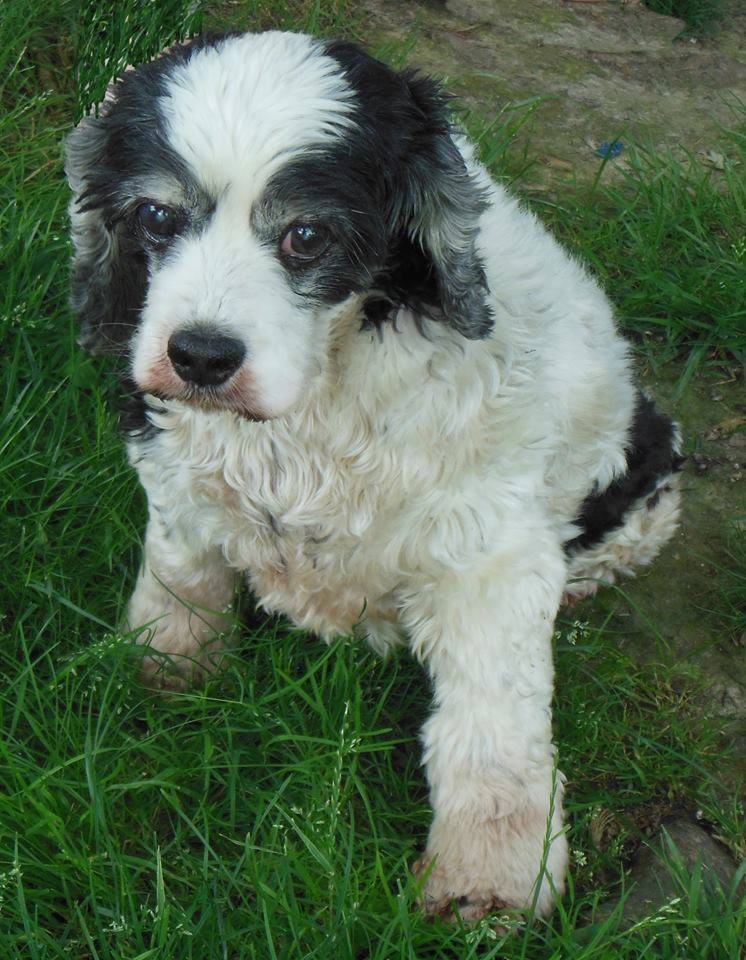Old age is not a disease; it can be challenging, but it should be celebrated for the great accomplishment of achieving senior status.
As pets age, the effects of poor nutrition, over-vaccination, and environmental pollution become magnified. Many pet owners fail to recognize age-related challenges of declining vision, hearing ability, memory, cognition, and mobility. Common symptoms of decline include:
- increased sleeping
- urinary or bowel accidents in the home
- urinary or bowel leakage
- inability to climb or descend stairs
- not coming when called
- increased irritability, snapping, or growling
- increased anxiety, panting, shaking
- increased pain, whining, moaning, shaking
- decreased interest in surroundings
- decreased purposeful activity
- seeming "lost" or stuck in corners
Rather than accepting these symptoms as "normal" for seniors, it is better to tackle them head-on, supplying nutritional and supplemental support to control pain, anxiety, and irritability. No pet should suffer in silence.
There are many joint supplements on the market that combine ingredients that support joint lubrication, repair and regeneration of cells, and decrease inflammation. Some of these include deer antler velvet, glucosamine, chondroitin, MSM, boswellia, and yucca. Mobility may be helped with the use of toegrips, rubber nail caps, or products to increase paw pad grip. Stairs and ramps can be used to help pets get on and off furniture; seniors should not be allowed to jump down from high places.
Games, whether purchased or home-made, can be used to help retain cognitive function. Keeping senior pets engaged and active helps mental abilities, as well as helping to keep muscles toned and joints limber. For more toy options, check this post. Physical therapy can be performed at home and is a great way to maintain mobility, as well as spending quality time with your senior. Antioxidants and Omega 3 Fatty Acids have been proven to slow cognitive decline.
Anxiety can be magnified in seniors as they lose some, or all, of their hearing and vision. Some pets will have separation anxiety, even though they did not suffer that in the past. Rather than sedating the pets with tranquilizers or sedatives, there are many natural therapies that can help. Melatonin can be used (generally 3 mg twice daily), especially for those pets that suffer with nighttime anxiety and restlessness. Homeopathic, flower essence, and herbal products may be very beneficial. If one product does not give the desired outcome, a combination of products may be needed.
Many senior pets will begin to suffer bowel problems after years of being fed diets that may not have provided optimal nutrition. This is a great time to feed home-prepared meals that are easily digested. By supplying probiotics and digestive enzymes, the work of digestion will be easier. Some dogs may require more fiber in the diet to improve stool quality.
Dental care is especially important for senior dogs. Many pet owners worry about sedation for complete dental cleaning in older pets. While this is a valid concern, allowing periodontal disease to progress to the point of having loose, painful teeth is dangerous to the health of the pet. Cardiac and kidney disease may be attributed to poor dental hygiene.
The senior years are the best years, in my opinion. Take time to enjoy your senior pets. Give them the support they need to keep them comfortable. While many of our dogs are unable to go for long walks, they still enjoy an outing in their stroller or wagon. Our pets truly enjoy spending time with us. Take time today to give your pet a little extra love.
Disclaimer: This content is for informational purposes only and is not meant to diagnose, treat, or replace consulting a primary veterinarian for individualized care.

